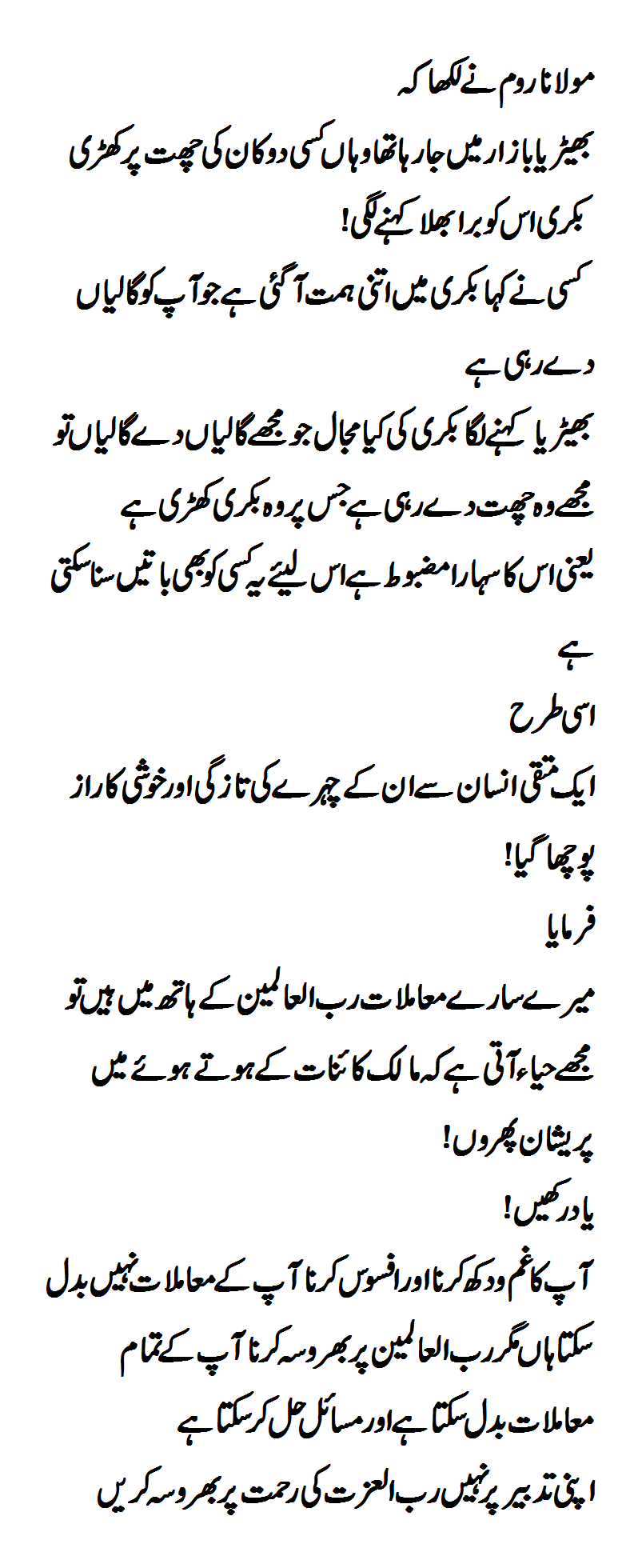Acouple of years ago, when Coldplay’s Chris Martin was going through a divorce from the actress Gwyneth Paltrow and feeling down, a friend gave him a book to lift his spirits. It was a collection of poetry by Jalaluddin Rumi, the thirteenth-century Persian poet, translated by Coleman Barks. “It kind of changed my life,” Martin said later, in an interview. A track from Coldplay’s most recent album features Barks reciting one of the poems: “This being human is a guest house / Every morning a new arrival / A joy, a depression, a meanness, / some momentary awareness comes / as an unexpected visitor.”
Rumi has helped the spiritual journeys of other celebrities—Madonna, Tilda Swinton—some of whom similarly incorporated his work into theirs. Aphorisms attributed to Rumi circulate daily on social media, offering motivation. “If you are irritated by every rub, how will you ever get polished,” one of them goes. Or, “Every moment I shape my destiny with a chisel. I am a carpenter of my own soul.
”Barks’s translations, in particular, are shared widely on the Internet; they are also the ones that line American bookstore shelves and are recited at weddings. Rumi is often described as the best-selling poet in the United States. He is typically referred to as a mystic, a saint, a Sufi, an enlightened man. Curiously, however, although he was a lifelong scholar of the Koran and Islam, he is less frequently described as a Muslim.
The words that Martin featured on his album come from Rumi’s “Masnavi,” a six-book epic poem that he wrote toward the end of his life. Its fifty thousand lines are mostly in Persian, but they are riddled with Arabic excerpts from Muslim scripture; the book frequently alludes to Koranic anecdotes that offer moral lessons. (The work, which some scholars consider unfinished, has been nicknamed the Persian Koran.)
Fatemeh Keshavarz, a professor of Persian studies at the University of Maryland, told me that Rumi probably had the Koran memorized, given how often he drew from it in his poetry. Rumi himself described the “Masnavi” as “the roots of the roots of the roots of religion”—meaning Islam—“and the explainer of the Koran.
”And yet little trace of the religion exists in the translations that sell so well in the United States. “The Rumi that people love is very beautiful in English, and the price you pay is to cut the culture and religion,” Jawid Mojaddedi, a scholar of early Sufism at Rutgers, told me recently.
